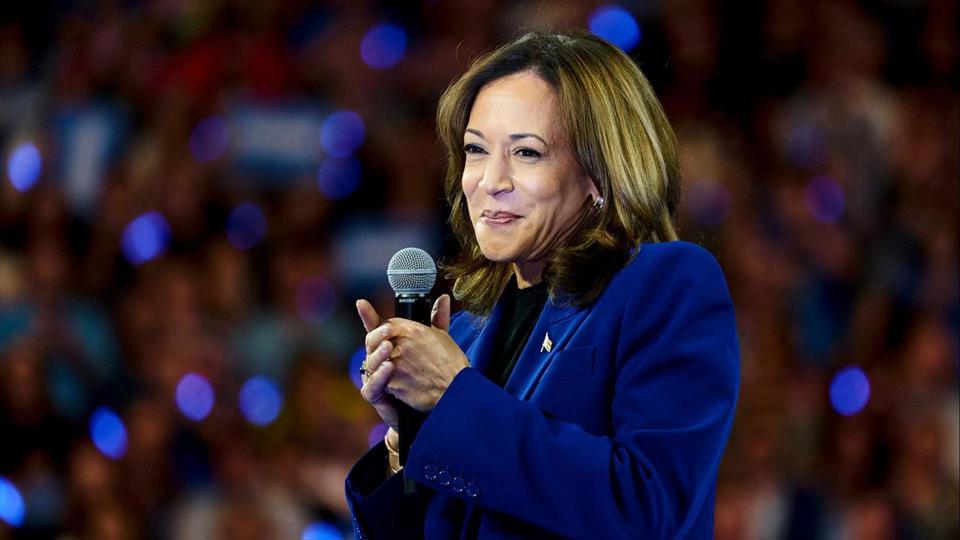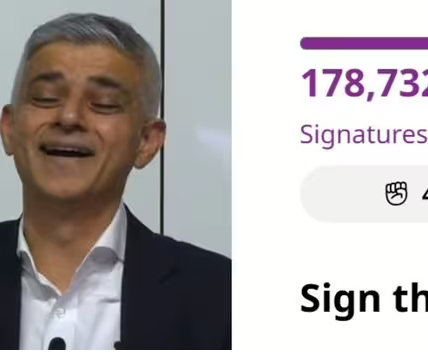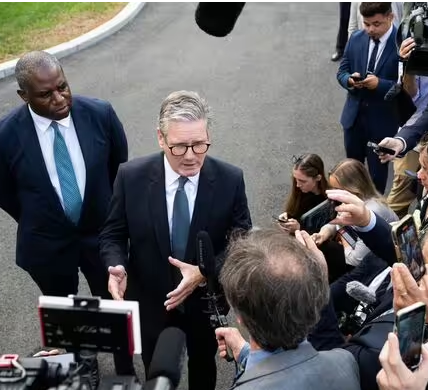US Vice President Kamala Harris pledged that “America, not China, will win the 21st century competition” as she officially accepted the Democratic Party’s presidential nomination on August 22 (local time).

This is the first time in the US that a woman of color and an Asian American has been nominated by a major political party to run for the White House.
“The path that has brought me here in recent weeks has certainly been unexpected, but I am no stranger to incredible journeys,” said Harris, 59, who was tapped to replace US President Joe Biden after he decided to drop out of the race.
In her nearly 40-minute acceptance speech that closed the four-day Democratic Convention in Chicago, Ms. Harris focused on economic and social themes, including increased opportunity, economic security and reproductive choice for middle-class Americans.
A strong advocate for reproductive rights during her time in the Senate, Harris has reiterated her commitment to the issue, saying she would sign a bill legalizing abortion rights into law if it passed Congress.
Ms Harris also laid out a plan for an “opportunity economy” focused on job creation, affordable health care, housing and social security. She pledged to work with small businesses and corporate America to lower the cost of living and support entrepreneurs.
Often criticized for her lack of foreign policy experience, the Democratic candidate has said the US will “strengthen, not abandon, its global leadership role” under her administration.
Ms. Harris said she helped the Biden administration “mobilize a global response with more than 50 countries to counter President Putin’s extraordinary military campaign ,” and plans to continue providing aid to Ukraine and coordinate with NATO allies if she is elected in November.
She also vowed to “always defend Israel’s right to self-defense and always ensure that Israel has the ability to defend itself .” She added that she is working to ensure “the suffering in Gaza ends and the Palestinian people can receive respect, security, freedom and self-determination.”
In her nomination acceptance speech, Ms. Harris criticized Republican rival Donald Trump, warned of the dangers of his second term, recalled the Capitol riot in early 2021 and the legal troubles Mr. Trump is facing.
While China did not feature prominently in Harris’s speech, it is expected to be a major topic in the upcoming debates between her and Republican nominee Donald Trump, the first of which is scheduled for September 10.
The Democratic Party document, released on Aug. 21 ahead of the convention, did not make any distinction between Ms. Harris and Mr. Biden’s policies regarding Beijing.
The 91-page document, which has fewer than two pages on China, lays out familiar Biden policy features: working closely with allies to address “intense strategic competition” with Beijing; continuing to counter China’s “unfair trade practices” ; building a stronger American industrial base; and cooperating with China where possible on climate, fentanyl and artificial intelligence.




